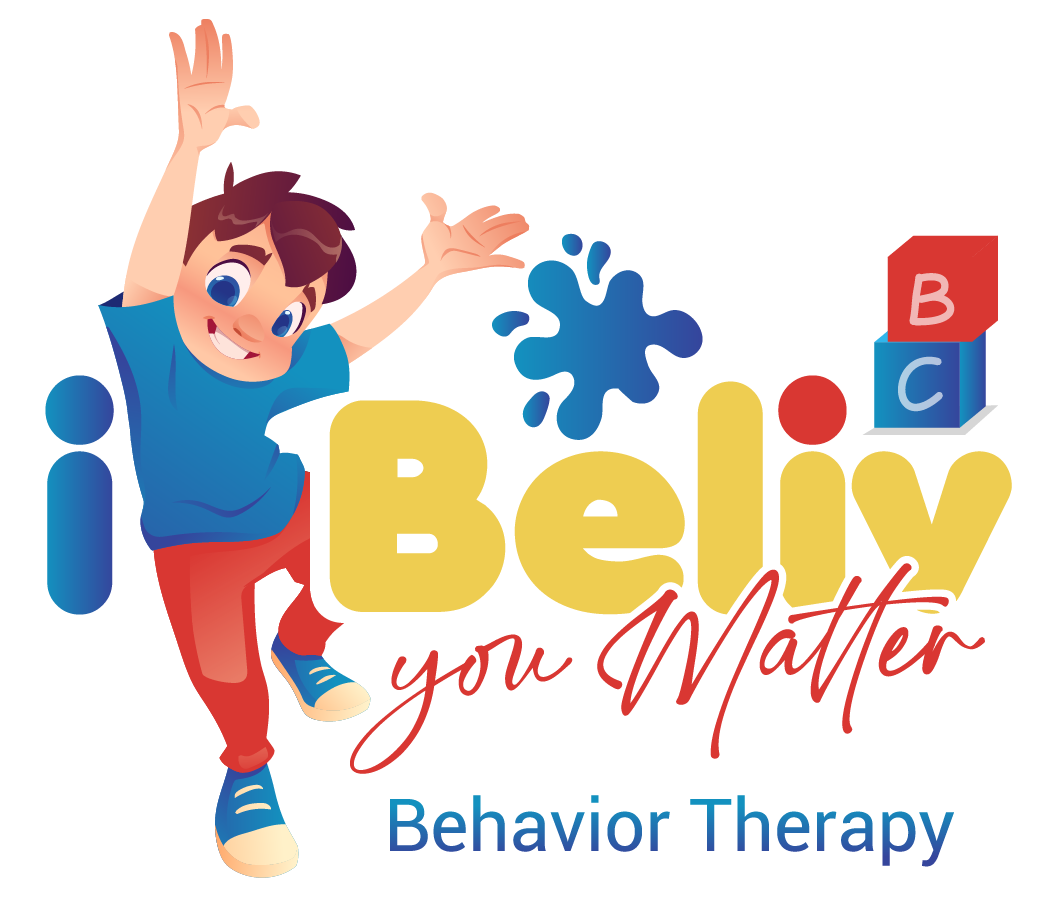ABA therapy, or Applied Behavior Analysis therapy, is a therapeutic approach that focuses on understanding and changing behavior through the application of behavioral principles and techniques. It is commonly used to treat individuals with autism spectrum disorder (ASD) but can be effective for other populations as well.
ABA therapy involves systematic assessment, analysis, and modification of behavior using evidence-based interventions. It typically includes the identification of target behaviors, the collection of data, the development of individualized treatment plans, and the implementation of strategies such as reinforcement, prompting, shaping, and behavior management techniques
The goals of ABA therapy can vary depending on the individual’s needs but generally aim to increase socially significant behaviors, such as communication skills, social skills, academic skills, and self-help skills, while reducing problematic behaviors or challenges that interfere with daily functioning and quality of life
ABA therapy is typically provided by trained professionals called behavior analysts or behavior therapists. These individuals have expertise in applying ABA principles and techniques to facilitate behavior change and skill development.
ABA therapy can be delivered in various settings, including homes, schools, clinics, or community-based environments. The choice of setting depends on the individual’s needs and goals, as well as the availability of resources and support.
The duration of ABA therapy varies based on the individual’s needs and goals. Treatment plans are typically individualized, and the intensity and duration of therapy may be determined through assessment and ongoing evaluation. Some individuals may receive ABA therapy for a few hours per week, while others may require more intensive or comprehensive programs
ABA therapy is widely recognized as an effective treatment approach, particularly for individuals with ASD. It has a strong empirical foundation, supported by extensive research and endorsed by professional organizations. However, the effectiveness of ABA therapy can vary depending on individual factors, such as the person’s age, severity of symptoms, and consistency of implementation
In many cases, ABA therapy is covered by health insurance plans, especially for the treatment of ASD. However, coverage may vary depending on the insurance provider, policy, and local regulations. It is advisable to check with your insurance provider to understand the specific coverage and requirements for ABA therapy

